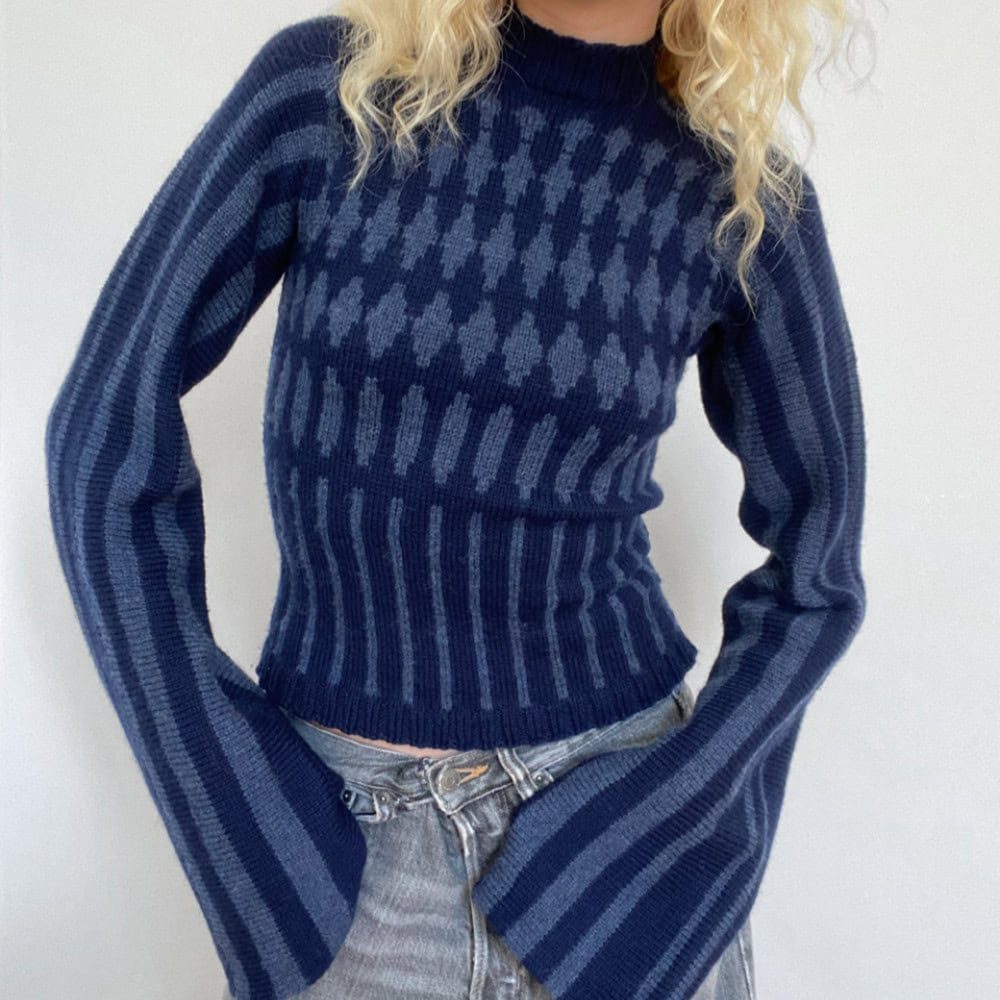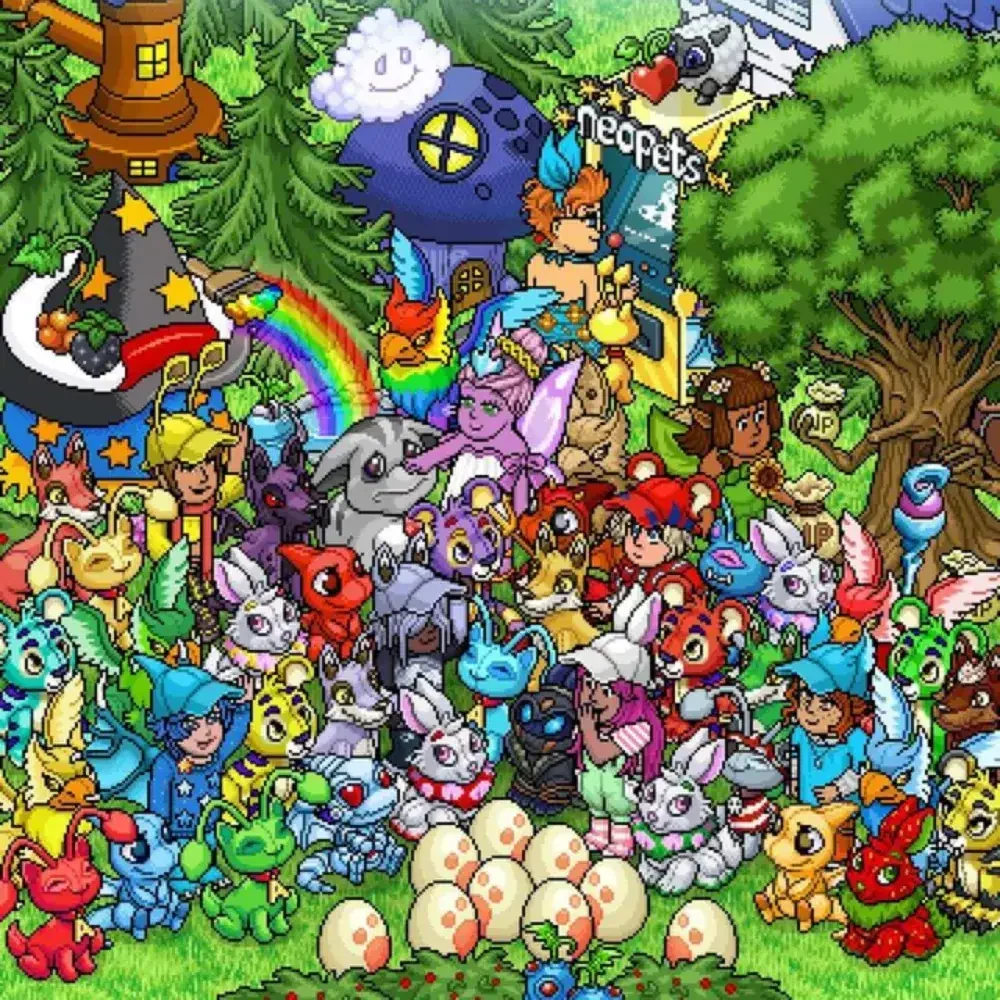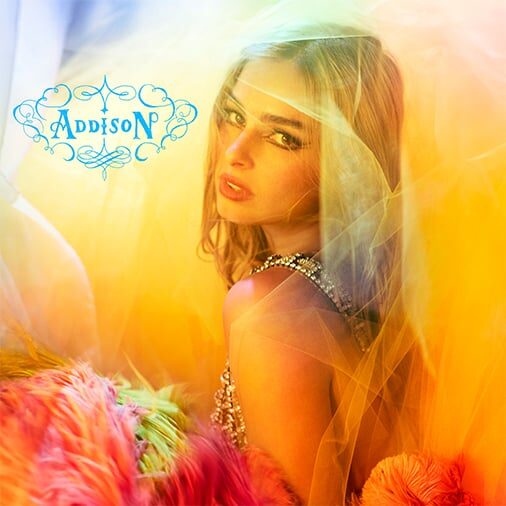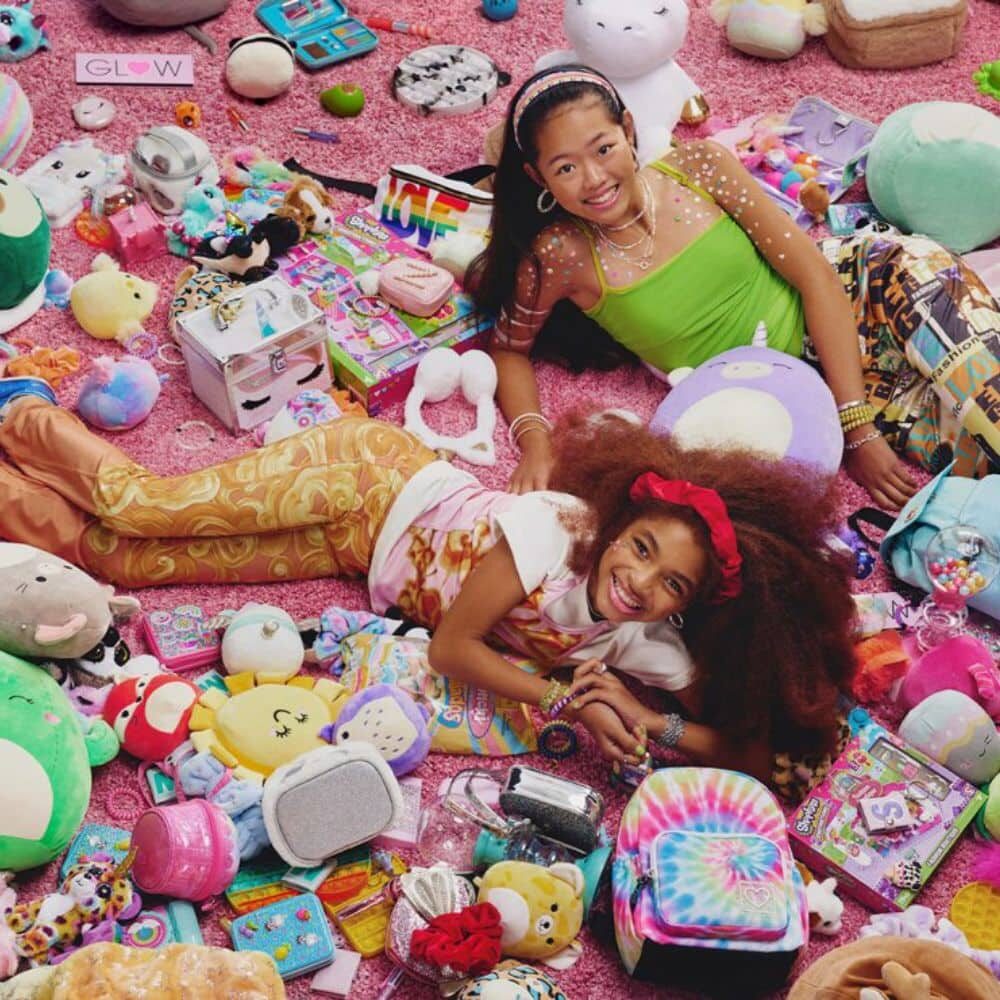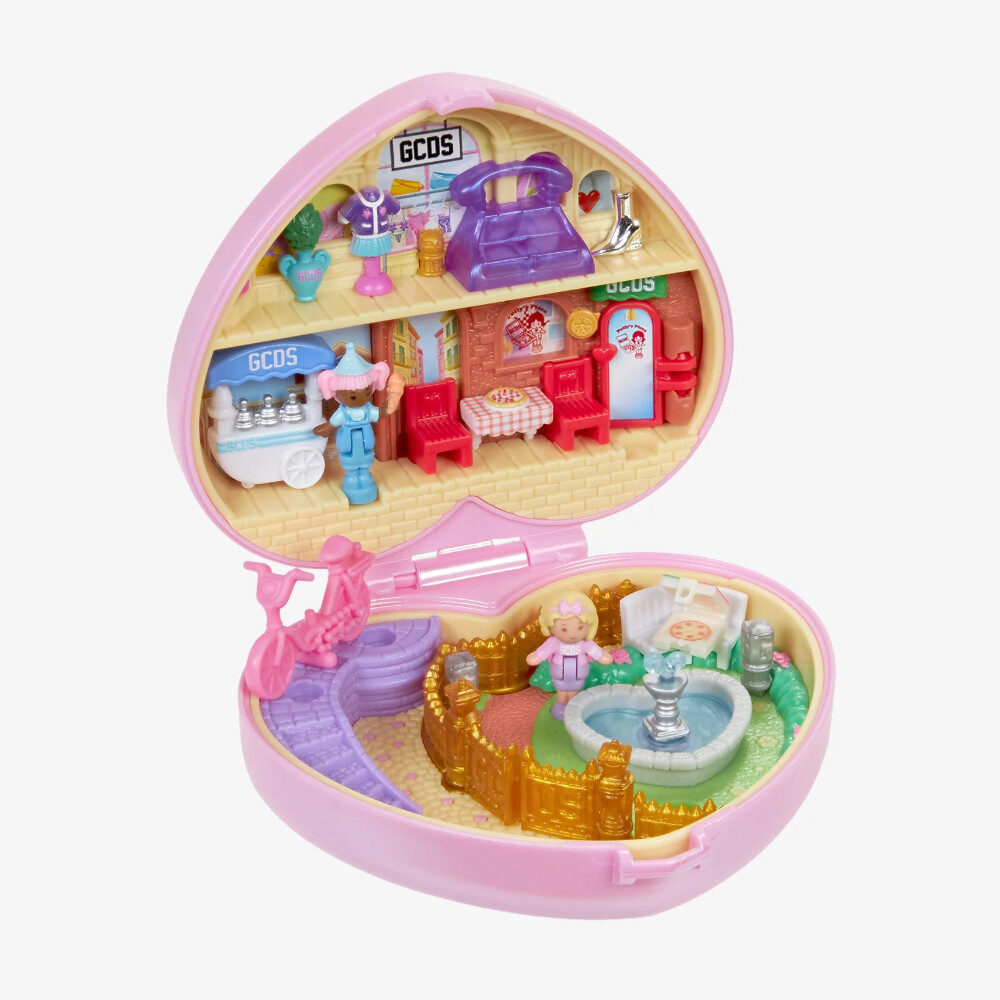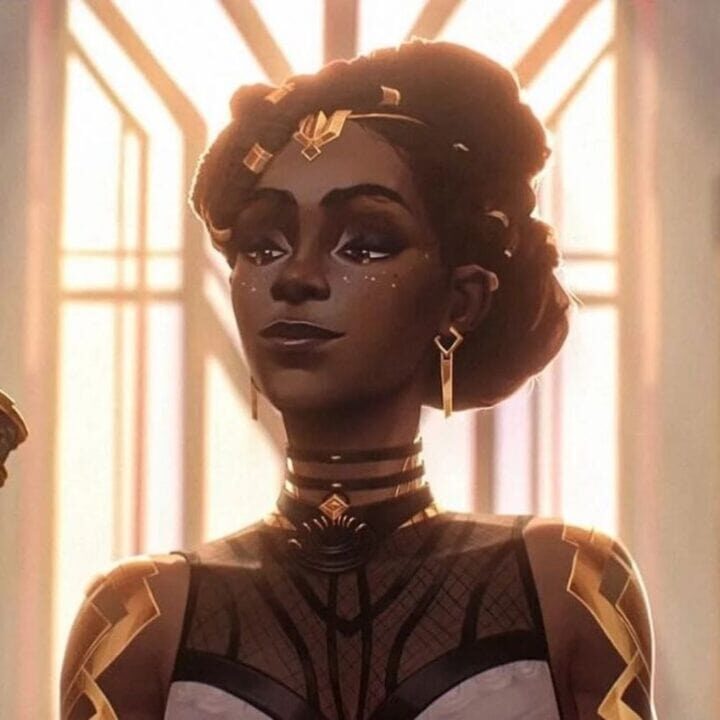
How Arcane Subverts Stereotypes Around Black Women
After three long years, Arcane has come to an emotional and dramatic conclusion. The animated series has not only been celebrated as a masterclass in storytelling and artistry but has also made history as a cultural phenomenon. Garnering four Primetime Emmy Awards and earning universal acclaim, Arcane stands as the most successful silver screen adaptation of a video game to date. Its richly layered characters, subversion of tired tropes, and dedication to nuanced representation have solidified its place as a groundbreaking achievement in modern animation.
TEXT
Arcane rewrites the narrative on how black women are portrayed in media, challenging stereotypes while delivering a powerful story of beauty, strength, and vulnerability.
After three long years, Arcane has come to an end. The animated series has been immensely impactful, receiving four Primetime Emmys and being widely recognised as the most successful silver screen adaptation of a video game.
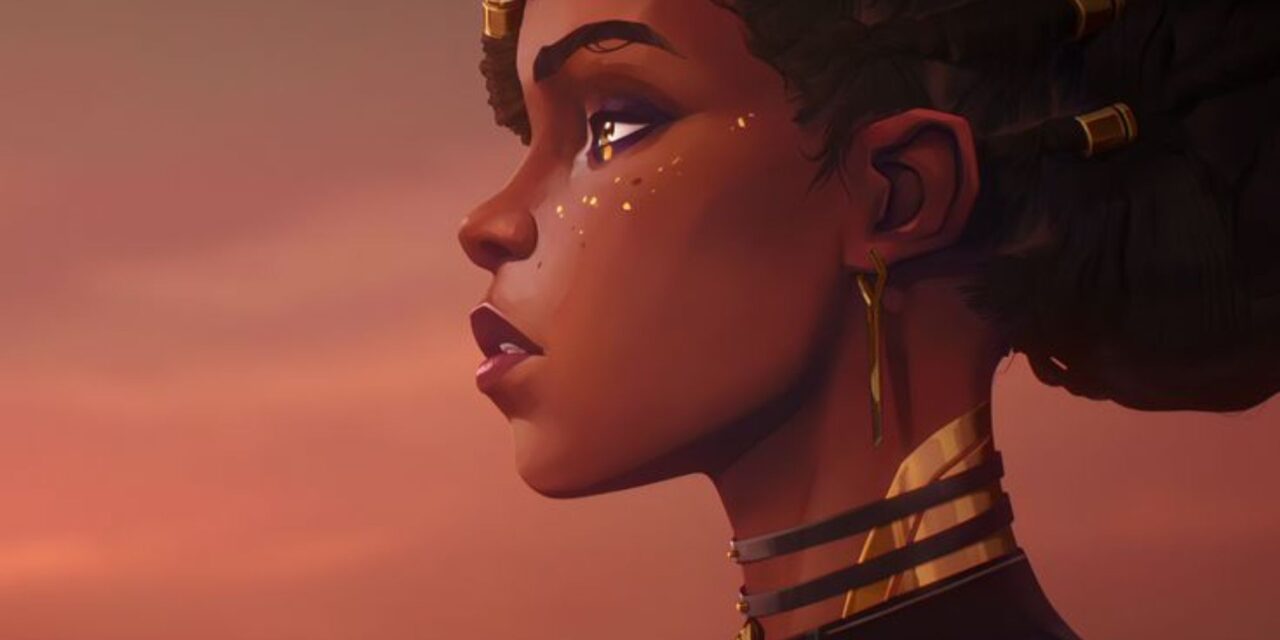
Arcane’s well-crafted story and layered characters are part of what made it special to so many. No matter who you are, there’s a character in Arcane to resonate with and to root for. Instead of relying on tropes to communicate to viewers the intentions of its characters, the writers behind Arcane consistently subvert our expectations.
The physically disabled character who uses a cane becomes an undefeatable deity. Vi, a masc-presenting lesbian, is one of the most emotionally vulnerable characters of the show. And both Ambessa and Mel Medarda are everything restrictive media depictions teach us black women can’t be.
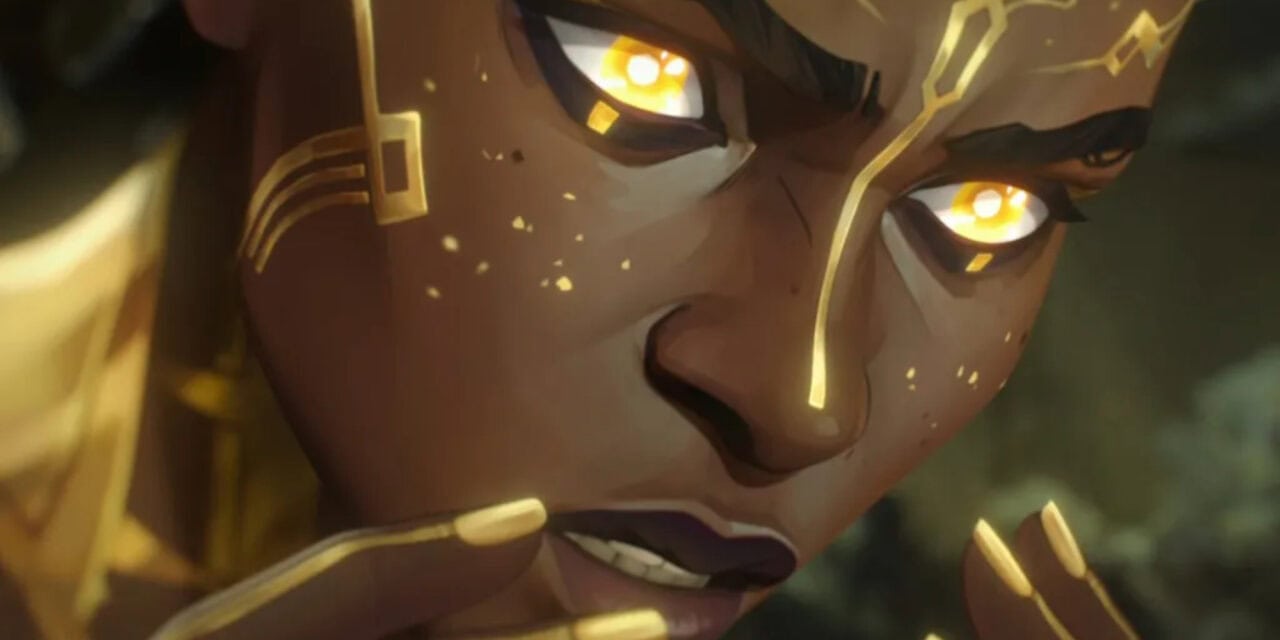
Black women in television and film have been consistently reduced to stereotypes. From the historical Mammy to the more modern Angry Black Woman, roles that were supposed to represent black female audiences have fallen short countless times. Even in the world of adult animation, which has been praised for its progressiveness and inclusion, black women are dealt an unfortunate hand. The Arcane creators tell the complex story of Mel and her mother Ambessa without falling for these common tropes.

Black Women Aren’t ‘Jezebels’
Mel Medarda’s beauty is undeniable. Her character design includes gold flakes on her cheeks, long locs and gold plating on her arms and legs. She has the Beautiful black women in film and television have repeatedly been portrayed as the Jezebel. This stereotype is rooted in the belief that black women are inherently promiscuous and use their ‘womanly wiles’ to lead white men into chaos.
In 2011, when DC launched The New 52 revamp, they announced Voodoo. This comic series followed Priscilla Kitaen, a shapeshifter from planet Daemon. She was praised for being the first black female lead in the relaunch, but her character was rife with stereotypes. Priscilla was a stripper by day who used her looks and telepathy to gather intel for her home planet whilst on Earth. The Jezebel stereotype is so deeply rooted in Western perceptions of black women that it still rears its ugly head despite modern understanding that black women aren’t inherently dangerous seductresses. The Voodoo series was scrapped long before Priscilla could develop out of this restrictive depiction, which is especially saddening considering the lack of black female led mainstream comics.
Arcane takes a different approach. As a character, Mel’s beauty is immediately second to her power. During her first scene in Episode Two, Mel is introduced as the richest person in all of Piltover and a member of the Medarda’s, a powerful family. We hear her talking about her intent to rise even higher in Piltover’s ranks before we see her. Mel’s power is derived from her intelligence, rather than from her sexuality and looks. She is allowed to be beautiful and influential, with the two being entirely separate.

Black Women Aren’t the ‘Disposable Black Girlfriend’
___STEADY_PAYWALL___
Mel’s storyline in Season One is heavily intertwined with Jayce, a scientist and inventor. She sees the potential of Hex Tech, a banned form of magic Jayce has discovered. As Jayce navigates his way through life on Piltover’s council, Mel is the one showing him the ropes. Although their relationship was welcome by a lot of black women in the fandom, some were weary. Jayce, one of the only white male leads in Arcane, staying in a relationship with a black woman felt too good to be true. Mel was in the red zone- fears grew that she would become a Disposable Black Girlfriend.
The Disposable Black Girlfriend trope has risen in prominence over the past ten years. Writers are well aware that you can’t get away with not including a single black woman in a show anymore, at least without intense scrutiny. By creating a Disposable Black Girlfriend for your non-black male main character, you can tick off a box for diversity and conveniently write her out of the story once his one true white love is revealed.
One recent example is Amber from Amazon Prime’s Invincible. Initially an exciting character, Amber was loved and appreciated by the black women who watched the show. But the majority of the fandom treated Amber with animosity. She was an outspoken, smart and self-assured teenage girl, a character type that’s often hated amongst the typical comic fan circles. Nonetheless, the romance between her and Mark was endearing and charming.
But Amber and Mark’s relationship was cut short after one season to make way for his white love interest and fellow superhero Atom Eve. You can take out the romance between Amber and Mark in Invincible and nothing about the story will change at all. The DIsposable Black Girlfriend is inconsequential, made to fade into the background.
When the first season finale of Arcane aired, the fate of Mel was uncertain. She was directly in the line of fire during Jinx’s attack on Piltover. Fans began to theorise that she was dead, and her mother avenging her death would be part of the plot for the second season. The marketing for Season Two seemed to confirm her absence, as none of the promotional photos or brand collabs included Mel. For over a year, many believed that her fate lay with the dozens of Disposable Black Girlfriends before her, forever a footnote in her love interest’s story.
Then, Season Two aired. Mel and Jayce were revealed to be the only survivors of the attack. Her story was far from over.

Black Women Aren’t The ‘Mammy’
Season Two of Arcane sees Mel’s transition from an important side character to one of the main protagonists of the series. It also sees Ambessa, a character we meet in Season One, become a prominent villain. Despite being her mother, Ambessa’s appearance is starkly different from Mel’s. She’s a broad, muscular and tall woman with grey locs and an air of total control. She’s a truly menacing antagonist with a large army completely at her whim.
Sister Krone from The Promised Neverland is a similarly powerful villain. But the character designs of Sister Krone and Ambessa are night and day. Sister Krone’s large lips, jeerish smile and wide eyes bring to mind images of the minstrelsy era Mammy caricature. Her brute force strength and exaggeratedly large physique desexualise her into a monster, a creature to be feared. When we compare the stylistic choices between Ambessa’s design and Sister Krone’s design, it’s clear that black women can be villainous without playing into dehumanising stereotypes.
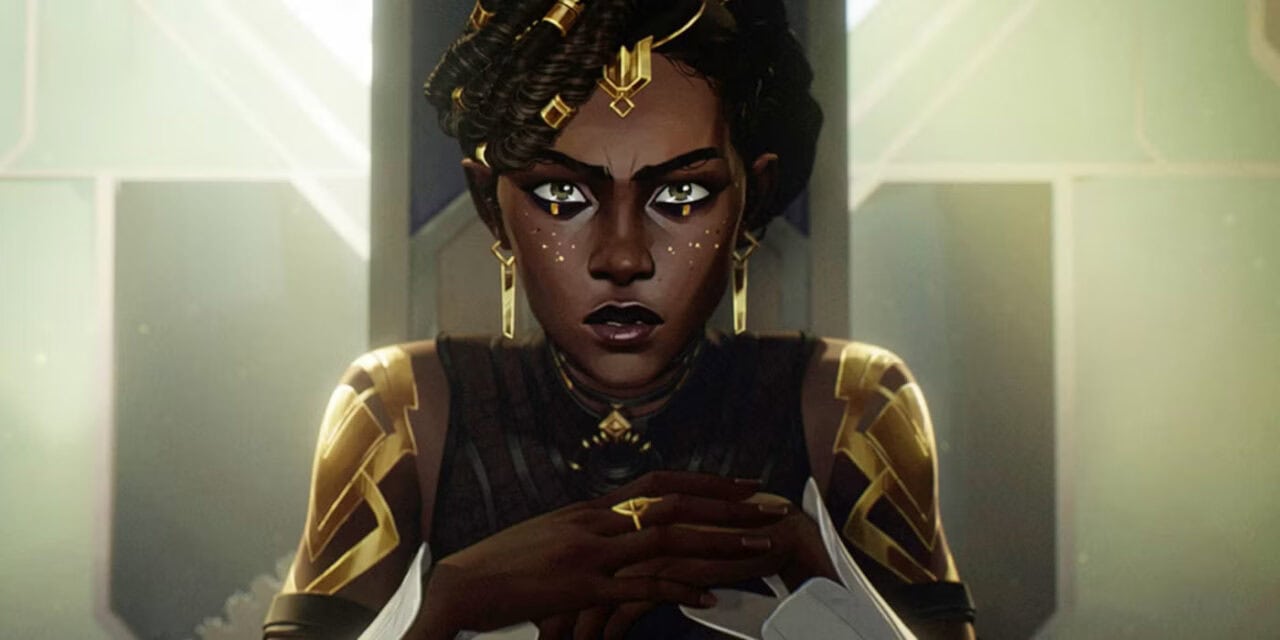
Black Women Aren’t Always ‘Strong’
Mel escapes the fate of the Jezebel, the Disposable Black Girlfriend and the Strong Black Woman. At the end of Arcane she is undeniably a hero, defeating both the Black Rose and Ambessa. She transforms into a Mage, fated to lead her home nation of Noxus as Piltover recovers from years of unrest. The end of Mel’s story in Arcane is bittersweet. She may have the power she’s always wanted, but she’s surrounded by loss. The city she cared for is destroyed, the man she loved is no more, and the only person whose opinion she ever cared about died by her own hand. We last see Mel sitting on her bed, contemplating everything she’s been through.
In her vulnerability, Arcane finally portrays black women in the way we’ve always wanted: human.
Arcane rewrites the narrative on how black women are portrayed in media, challenging stereotypes while delivering a powerful story of beauty, strength, and vulnerability.
After three long years, Arcane has come to an end. The animated series has been immensely impactful, receiving four Primetime Emmys and being widely recognised as the most successful silver screen adaptation of a video game.

Arcane’s well-crafted story and layered characters are part of what made it special to so many. No matter who you are, there’s a character in Arcane to resonate with and to root for. Instead of relying on tropes to communicate to viewers the intentions of its characters, the writers behind Arcane consistently subvert our expectations.
The physically disabled character who uses a cane becomes an undefeatable deity. Vi, a masc-presenting lesbian, is one of the most emotionally vulnerable characters of the show. And both Ambessa and Mel Medarda are everything restrictive media depictions teach us black women can’t be.

Black women in television and film have been consistently reduced to stereotypes. From the historical Mammy to the more modern Angry Black Woman, roles that were supposed to represent black female audiences have fallen short countless times. Even in the world of adult animation, which has been praised for its progressiveness and inclusion, black women are dealt an unfortunate hand. The Arcane creators tell the complex story of Mel and her mother Ambessa without falling for these common tropes.

Black Women Aren’t ‘Jezebels’
Mel Medarda’s beauty is undeniable. Her character design includes gold flakes on her cheeks, long locs and gold plating on her arms and legs. She has the Beautiful black women in film and television have repeatedly been portrayed as the Jezebel. This stereotype is rooted in the belief that black women are inherently promiscuous and use their ‘womanly wiles’ to lead white men into chaos.
In 2011, when DC launched The New 52 revamp, they announced Voodoo. This comic series followed Priscilla Kitaen, a shapeshifter from planet Daemon. She was praised for being the first black female lead in the relaunch, but her character was rife with stereotypes. Priscilla was a stripper by day who used her looks and telepathy to gather intel for her home planet whilst on Earth. The Jezebel stereotype is so deeply rooted in Western perceptions of black women that it still rears its ugly head despite modern understanding that black women aren’t inherently dangerous seductresses. The Voodoo series was scrapped long before Priscilla could develop out of this restrictive depiction, which is especially saddening considering the lack of black female led mainstream comics.
Arcane takes a different approach. As a character, Mel’s beauty is immediately second to her power. During her first scene in Episode Two, Mel is introduced as the richest person in all of Piltover and a member of the Medarda’s, a powerful family. We hear her talking about her intent to rise even higher in Piltover’s ranks before we see her. Mel’s power is derived from her intelligence, rather than from her sexuality and looks. She is allowed to be beautiful and influential, with the two being entirely separate.

Black Women Aren’t the ‘Disposable Black Girlfriend’
___STEADY_PAYWALL___
Mel’s storyline in Season One is heavily intertwined with Jayce, a scientist and inventor. She sees the potential of Hex Tech, a banned form of magic Jayce has discovered. As Jayce navigates his way through life on Piltover’s council, Mel is the one showing him the ropes. Although their relationship was welcome by a lot of black women in the fandom, some were weary. Jayce, one of the only white male leads in Arcane, staying in a relationship with a black woman felt too good to be true. Mel was in the red zone- fears grew that she would become a Disposable Black Girlfriend.
The Disposable Black Girlfriend trope has risen in prominence over the past ten years. Writers are well aware that you can’t get away with not including a single black woman in a show anymore, at least without intense scrutiny. By creating a Disposable Black Girlfriend for your non-black male main character, you can tick off a box for diversity and conveniently write her out of the story once his one true white love is revealed.
One recent example is Amber from Amazon Prime’s Invincible. Initially an exciting character, Amber was loved and appreciated by the black women who watched the show. But the majority of the fandom treated Amber with animosity. She was an outspoken, smart and self-assured teenage girl, a character type that’s often hated amongst the typical comic fan circles. Nonetheless, the romance between her and Mark was endearing and charming.
But Amber and Mark’s relationship was cut short after one season to make way for his white love interest and fellow superhero Atom Eve. You can take out the romance between Amber and Mark in Invincible and nothing about the story will change at all. The DIsposable Black Girlfriend is inconsequential, made to fade into the background.
When the first season finale of Arcane aired, the fate of Mel was uncertain. She was directly in the line of fire during Jinx’s attack on Piltover. Fans began to theorise that she was dead, and her mother avenging her death would be part of the plot for the second season. The marketing for Season Two seemed to confirm her absence, as none of the promotional photos or brand collabs included Mel. For over a year, many believed that her fate lay with the dozens of Disposable Black Girlfriends before her, forever a footnote in her love interest’s story.
Then, Season Two aired. Mel and Jayce were revealed to be the only survivors of the attack. Her story was far from over.

Black Women Aren’t The ‘Mammy’
Season Two of Arcane sees Mel’s transition from an important side character to one of the main protagonists of the series. It also sees Ambessa, a character we meet in Season One, become a prominent villain. Despite being her mother, Ambessa’s appearance is starkly different from Mel’s. She’s a broad, muscular and tall woman with grey locs and an air of total control. She’s a truly menacing antagonist with a large army completely at her whim.
Sister Krone from The Promised Neverland is a similarly powerful villain. But the character designs of Sister Krone and Ambessa are night and day. Sister Krone’s large lips, jeerish smile and wide eyes bring to mind images of the minstrelsy era Mammy caricature. Her brute force strength and exaggeratedly large physique desexualise her into a monster, a creature to be feared. When we compare the stylistic choices between Ambessa’s design and Sister Krone’s design, it’s clear that black women can be villainous without playing into dehumanising stereotypes.

Black Women Aren’t Always ‘Strong’
Mel escapes the fate of the Jezebel, the Disposable Black Girlfriend and the Strong Black Woman. At the end of Arcane she is undeniably a hero, defeating both the Black Rose and Ambessa. She transforms into a Mage, fated to lead her home nation of Noxus as Piltover recovers from years of unrest. The end of Mel’s story in Arcane is bittersweet. She may have the power she’s always wanted, but she’s surrounded by loss. The city she cared for is destroyed, the man she loved is no more, and the only person whose opinion she ever cared about died by her own hand. We last see Mel sitting on her bed, contemplating everything she’s been through.
In her vulnerability, Arcane finally portrays black women in the way we’ve always wanted: human.

Enjoyed this story? Support independent gaming and online news by purchasing the latest issue of G.URL. Unlock exclusive content, interviews, and features that celebrate feminine creatives. Get your copy of the physical or digital magazine today!

